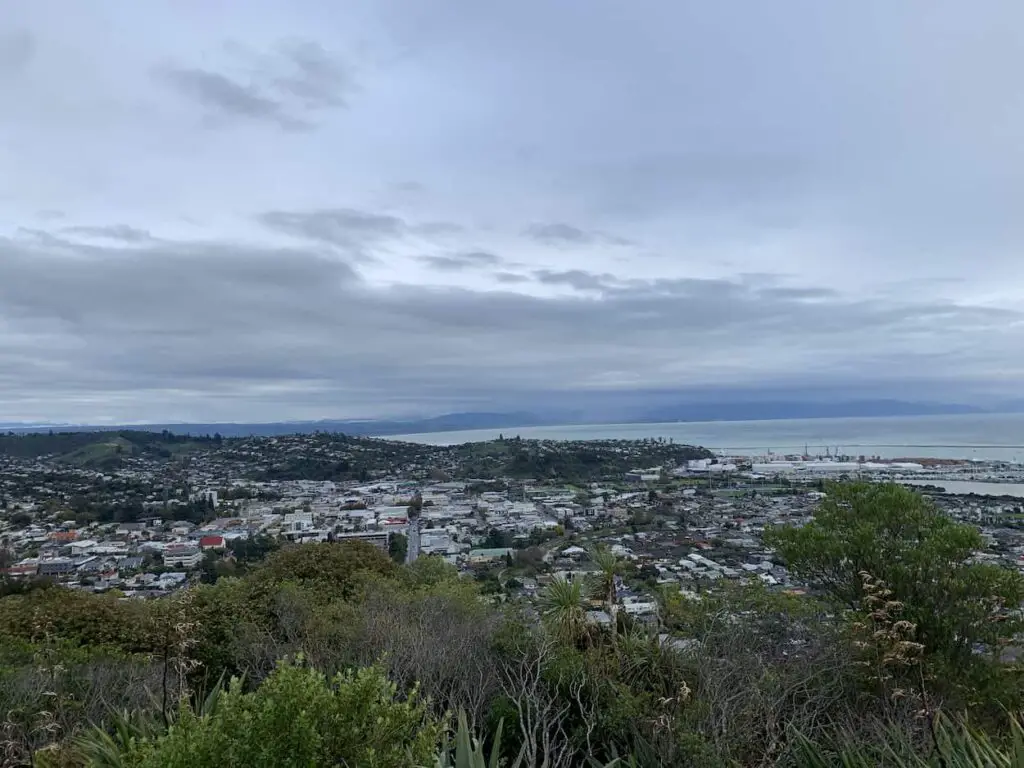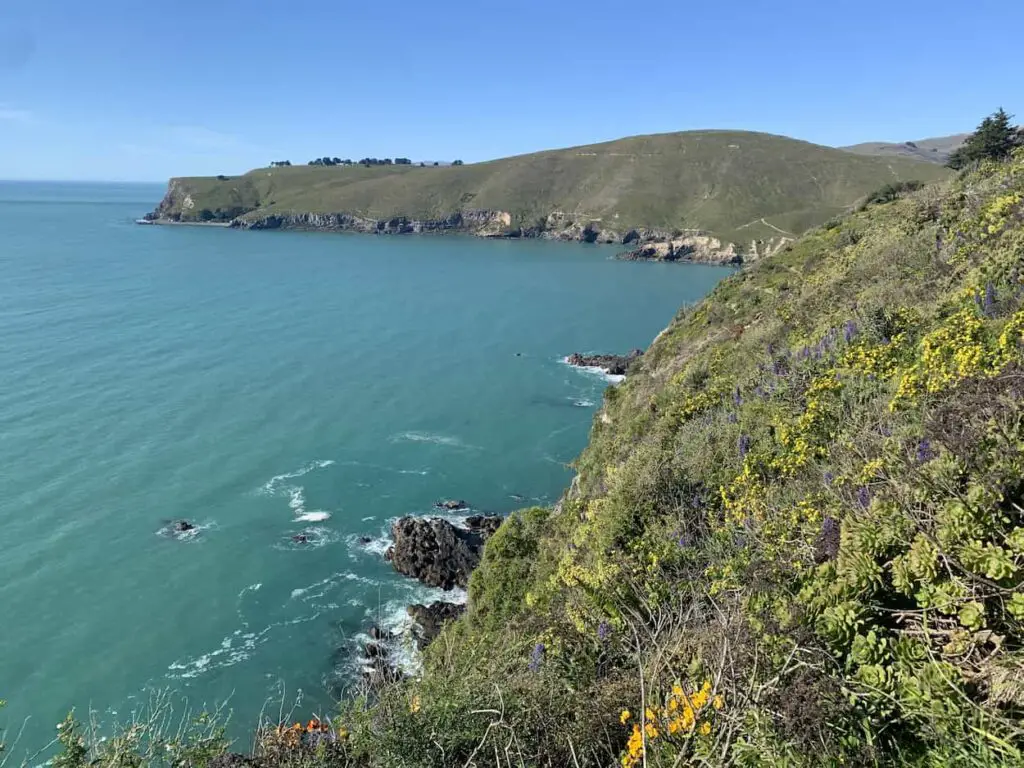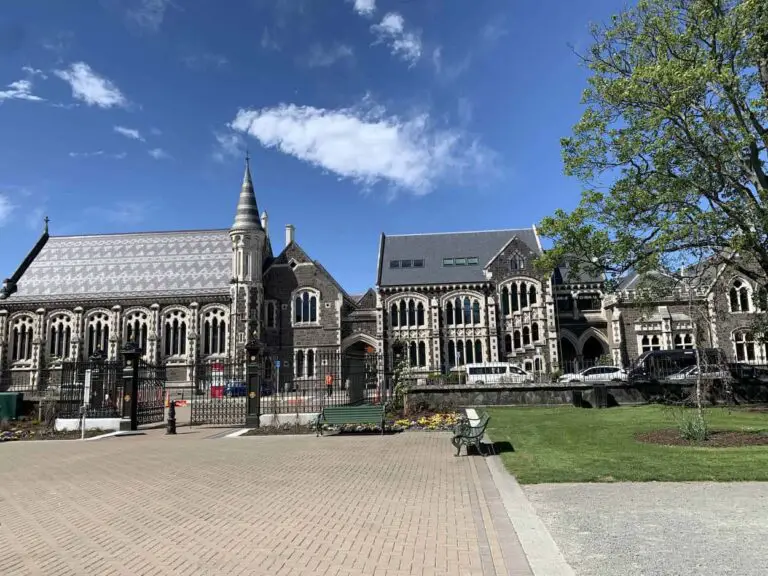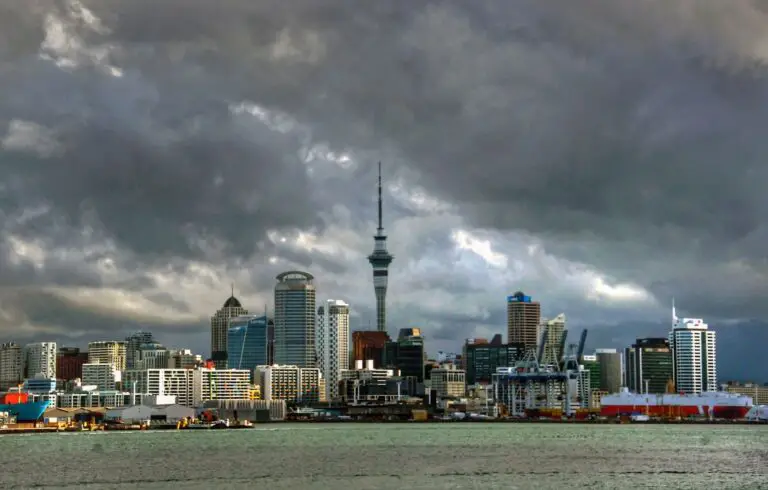How To Move From Australia To New Zealand in 2024

70,000 Australians can’t be wrong. This is the number of Aussies who have chosen to make New Zealand their permanent home. Kiwis are a welcoming group of people, but relocating to a new country can be a struggle, regardless of how welcome you are. Yet, Australians have the privilege to live in New Zealand without any paperwork.
New Zealand and Australia have mutual agreements in place, which makes moving between the two countries extremely easy. If you have an Australian or Kiwi passport or permanent residence in either of these states, you can live in New Zealand indefinitely as well as work and study freely.
Chances are you’ve already visited New Zealand from Australia if you are considering moving here. It’s not a long flight (under 3 hours) away, and the lifestyle is much better! We have fewer people and a diverse nature without any dangerous bugs and animals. Hence, putting down roots in Aotearoa is a rational decision.
Read this guide about living in New Zealand vs Australia before you make the move!
Can you move to New Zealand from Australia?
Australian citizens and permanent residents arriving in NZ are allowed to visit, work (salaried, self-employed, or operate their own business) and study, much like any New Zealand citizen.
Thanks to a mutually beneficial relationship between the two governments, the process of moving to New Zealand as an Australian is fairly streamlined—but there’s still a lot of extremely useful information to take on board, from the legalities of migration to the practicalities of finding a place to live, and budgeting.
Currently 70,000 Australians are living in New Zealand.
Visa
There’s no need to apply for a visa before or after arrival; Australian citizens can arrive in New Zealand, are awarded full work rights, and can stay indefinitely. Hence, the legal foundations for Australians to be in New Zealand (and vice versa) make moving to the country a reasonably low-stress experience.
Please note that permanent Australian residents who are citizens of other nations (and travelling on a passport issued by their home country) may need to apply for a New Zealand Electronic Travel Authority (NZeTA) prior to departure.
As mentioned, you won’t need a visa. In fact, as an Australian, your legal arrival in New Zealand grants you an Australian Resident Visa. This is issued at the border (when passing through immigration at the airport).
Your Australian passport may be provided as proof of your residence in NZ, even if the passport was not stamped. Australians entering NZ are eligible to use the automated passport eGate, where no stamp is provided. You will need to complete a traveller declaration prior to your departure to New Zealand.
Read this guide about living in New Zealand vs Australia before you make the move!
Moving to New Zealand from Australia: guide

Your arrival in New Zealand as an Australian citizen or permanent resident already gives you huge advantages over other migrants since you can legally start working or studying as soon as you like—or as soon as you’re issued with an Inland Revenue Department (IRD) number. This is the NZ version of an Australian Tax File Number. You can apply from Australia or within one month of arrival in NZ.
Healthcare
New Zealand and Australia have a reciprocal healthcare arrangement, meaning your Aussie Medicare card should travel with you across the Tasman. You’re entitled to some healthcare services, although you may wish to obtain private health insurance to cover any exclusions.
You generally must live in NZ for at least two years before you can join a primary health organisation (PHO), however, you can register with a doctor immediately after arrival and use healthcare at no cost.
Early registration with a GP is important, as some clinics may be unable to accommodate new patients easily. Additionally, you will be liable for the cost of any ambulance transportation you might need during those first two years. After two years, your healthcare rights are largely the same as a New Zealand citizen.
Superannuation and taxes
There’s something else that should travel with you across the Tasman, and that’s your superannuation. Your Australian superannuation fund can transfer the balance of your account to KiwiSaver, which is their NZ equivalent.
Both New Zealand and Australia use progressive taxation, so the amount of tax you pay increases in line with your income. Tax rates between both countries are comparable, with one important exception: New Zealand does not allow a minimum tax-free threshold before you have to pay tax, but Australia does. It’s a very good idea to familiarise yourself with your tax obligations in New Zealand.
Here are the current income tax rates in New Zealand:
| Salary | Tax rate |
|---|---|
| Up to $14,000 | 10.5% |
| Over $14,000 and up to $48,000 | 17.5% |
| Over $48,000 and up to $70,000 | 30% |
| Over $70,000 and up to $180,000 | 33% |
| Remaining income over $180,000 | 39% |
Work and career
One thing the two countries have in common are enviably low unemployment rates (3.6% in June 2023), which are often identical. Some industries have a greater need than others, with healthcare professionals, construction workers and most trade jobs being in high demand. Read more about jobs in New Zealand. Yet, you may also keep your Aussie job while living in NZ!
Childcare
Your Australian children will receive the same legal status as you (an Australian Resident Visa), and they’re entitled to state education (public schooling) if they’re aged from 5 to 19. Authorised NZ educational institutions can check a potential student’s immigration status using a government system called VisaView, so the whole process is quite simple.
Early childhood education is provided either at a not-for-profit kindergarten or in private childcare. Demand for childcare places can be high, so it helps to allow as much time as possible to find a place for your little one.
Looking ahead to the future in NZ, things are quite robust. There’s a generous welfare state, a stable economy, and solid, even-handed governance. Interestingly, New Zealand was voted the best place in the world to survive the total breakdown of global society, which sounds like a sci-fi movie.
Of course, NZ tends to do well with fantasy films, and, like the rest of the world, you’ve probably seen Peter Jackson’s Lord of the Rings trilogy. Yes, New Zealand brags about those movies. Quite a lot.
It’s hard to directly compare NZ to Australia since they’re like apples and oranges (or kiwifruit and… no, Australia doesn’t even have a trademark native fruit). Although Australia is renowned for its “no worries” sort of lifestyle, this relaxed and respectful outlook is even more prominent in NZ.
At the end of the day, anyone who relocates to New Zealand from Australia probably prefers the Kiwi way of life, which has many values shared with Australia but is infinitely more relaxed and even a little friendlier. As your new New Zealand neighbours will say, “It’s a choice as!”
Best places to live in New Zealand for Australians

Choosing the best place in New Zealand to call home can be confusing. How is one fantastic NZ town different from another? It depends what you’re after.
1. Auckland
Auckland is NZ’s largest city (population: 1.44 million) and is the city’s economic heart. The average house price is NZ$1 million, and the average rent in central Auckland is NZ$634 per week for a three-bedroom home. Located at the northern end of the country’s North Island, Auckland is NZ’s metropolis, and you should climb to the top of the Auckland Domain (Pukekawa Volcano) for a panoramic view of the city, looking out over Hauraki Gulf.
2. Coromandel
Coromandel is just a short, winding easterly drive from Auckland. This beachside town (and the rest of the Coromandel Peninsula) is where many city-dwellers come for some relaxation, and the area has a surprisingly high number of bars, cafes, and restaurants per head of population (with just 1,960 inhabitants). Imagine long, unspoiled beaches that seem untouched by human hands. The average house price is NZ$1.1 million, with an average weekly rent of around NZ$550.
3. Napier
Napier is renowned for its art deco architecture and has the distinction of being one of New Zealand’s more isolated larger towns. It’s not that large, though, with a population of just 66,800. It’s a sunny town with a large, bustling port located on the North Island’s Hawkes Bay. The summer months are lively and crammed with many different cultural festivals. Expect to pay a median price of NZ$662,000 for a house, or NZ$630 per week if you rent.
4. Wellington
Wellington is NZ’s capital (and the most southerly capital city on the planet). With an urban population of just 212,000 people, the city at the base of the North Island is compact and is nestled between the hills and the harbour. Auckland may be NZ’s financial heart, but Wellington is its cultural centre. Enjoy the cafe culture before spending a night bar-hopping on Cuba Street. Stylish and bohemian, Wellington is a well-kept secret. Its median house price is NZ$737,000, and the average weekly rent is NZ$590.
5. Nelson
Nelson is sometimes called the “Top of the South” since it’s positioned at the top of New Zealand’s South Island. It’s a sun-drenched town with a population of 54,500. It is the country’s second-oldest settlement, so the city has a proud pioneer heritage (on display at the many historical buildings). You’ll pay a median price of $NZ739,000 for a house, or a weekly rental of around $NZ495.
6. Queenstown
Queenstown is New Zealand’s adventure playground. Located in the South Island’s Otago region, this is where commercial bungee jumping was born. The regular population is only 15,800, but this explodes in the winter months when Kiwis and foreign visitors alike hit the slopes. It’s like the Southern Hemisphere’s version of Aspen, only nicer. The average cost of a house is just over NZ$1.6 million, with a median weekly rent of NZ$780 per week.
Cost of moving to New Zealand From Australia
Like the rest of the world, NZ experienced a cost of living increase as it rebounded from COVID. Lately, the inflation has been soaring our bills too. Australians are at a slight advantage when relocating since the Aussie dollar is more valuable than its Kiwi cousin, but, of course, you need to know—how much money will you need to move to NZ?
To learn more about how to move to Australia from New Zealand, read our guide.
New Zealand’s average household income is around NZ$99,108 per year. Naturally, your own earnings may be higher or lower depending on your occupation, experience, and location. Excluding your mortgage repayments or rental costs, an average family of four will have monthly costs of approximately NZ$7,000 per month.
Even though NZ isn’t prohibitively expensive (with numerous costs being similar to Australia), you will need to get your finances in order. Using approximate costs of NZ$7,000 per month as a guide, consider how long you will need to financially support your family before you begin employment.
When you realise that this NZ$7,000 per month doesn’t include rent if you were planning to live in Queenstown (with a median weekly rent of NZ$780), allow around NZ$10,120 per month.
How much money do you need to live comfortably in New Zealand?
As you have learned in this article, New Zealand isn’t a particularly cheap country, but it’s less expensive than Australia! So how much money do you need to live here?
A general budget for a single living in New Zealand in a separate house / flat is at least $4,000 per month. In cities like Auckland and Wellington, it looks more like $4,500 – $5,000 monthly. To have this disposable income, you should strive for an annual wage of at least $60,000 with tax.
Nonetheless, the cost of living is constantly rising, and most people will need to earn between $70,000 and $100,000 if they have a family. Therefore, it’s highly recommended to move to New Zealand with an income of $100,000+ so that you can enjoy the fantastic quality of life and the lifestyle it has to offer.
Here are some examples of living costs in Auckland vs main Australian cities:
| Eating out in Sydney costs 5.3% more than in Auckland |
| Weekly groceries cost 1.4% more in Sydney than in Auckland |
| Rent costs 35.6% more in Sydney than in Auckland |
| Purchasing power is 0.9% higher in Auckland than in Sydney |
| Consumer prices in Melbourne are 3.6% higher than they are in Auckland |
| Dining out in Melbourne costs 11.7% more than in Auckland |
| Cost of weekly groceries is 1.7% higher in Melbourne than in Auckland |
| Rent prices are 11.6% higher in Melbourne than they are in Auckland |
For more details about the cost of living in New Zealand, read the full article, where I also share my monthly expenses.



![Pros and Cons of Living in Dunedin, New Zealand [2024]](https://simplenewzealand.com/wp-content/uploads/2023/06/new-zealand-4838951_1280-1-768x578.jpg)


![New Zealand vs UK: Which Country Is Better For Living? [2024]](https://simplenewzealand.com/wp-content/uploads/2023/01/andreas-sjovall-ZZUPu8ARD8U-unsplash-768x432.jpg)
